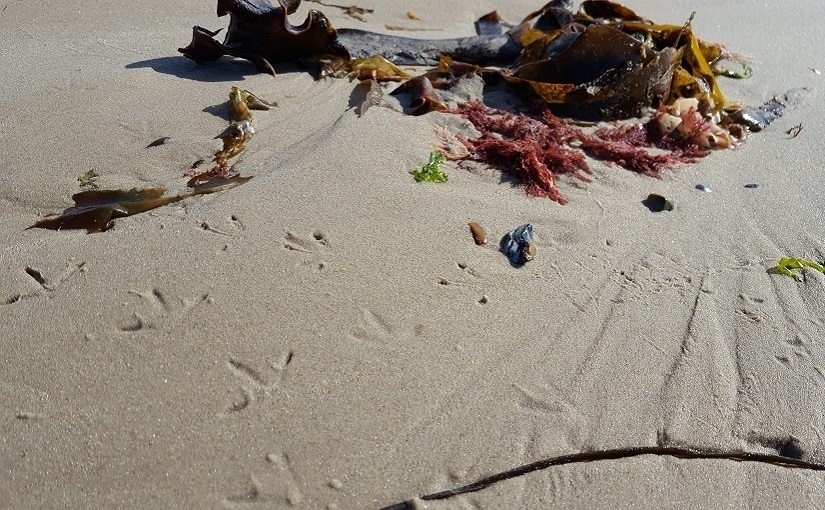Looking at the things we do in life, there are clearly various reasons we could offer; many we may or may not be quite aware of. But as adults, we presumably need to be able to look at the world and decide what it is we are going to do with our lives: those things we want to be a part of, which seem sensible and worthwhile. How do we approach such decisions?
With modern living, it seems one response is that we can do whatever we want unless a compelling argument stops us. A sort of ‘who can stop me’ approach to our freedom, where the onus is on someone, somehow justifying the limitation of whatever’s taken our fancy. Which is obviously one way of going about things, although where does it lead? (see Note One).
Then there’s what we might consider the more social or economic responses of ‘this is how it is’ or ‘everyone else is doing it’. That rather circular argument of how we need money to live in this world, and these are the options for making some (Note Two). In that light, life’s apparently not so much about the value of our participation in human society as it is a picture of money being justifiable as an end in itself.
Because would we choose these things now, if they weren’t deemed so generally acceptable? Our ideas on how best to live and the weight of consequences over opportunities clearly arose out of different times, where things happened on another scale and social realities were quite another story (Notes Three).
So, are the things we do inherited patterns of behaviour or conscious choices? Ideas that may have arisen in relative harmony, once shifted to the global scale, can surely begin to seem questionable if not unacceptable. Is it wise then to take our freedoms as a given, where we do as we please unless someone can convince us otherwise through reason or coercion?
After all, asking ‘why should I do that?’ is an equally valid application of logic, it just takes a different starting point. Whether we interpret our freedom as something that has to be limited or something we continually exercise with caution and respect seems a valuable question. Rather than this default position of demanding a reason to stop, could we view these as decisions we need to freely and intelligently make now?
It’s interesting to consider, and touches into perennial questions of free will and accountability for our actions: would we actively decide to do what we might be fairly passively going along with? Is there freedom from responsibility if we merely go along with others and don’t take the decision to change course ourselves?
Obviously we’re social creatures and often very busy ones, but our actions inevitably add up (Notes Four). And given how these issues underpin education as much as they do the regulation of society, being sure of ourselves in this way is seeming more important now than ever.
Notes and References:
Note 1: Laws and lawlessness
Note 2: Life and money, seamlessly interwoven
Note 3: Community – what it was, what we lost
Note 3: Writings on Education
Note 4: People, rules & social cohesion
Note 4: Individual responsibility, collective standards
Note 4: Need to stand alone & think for ourselves

